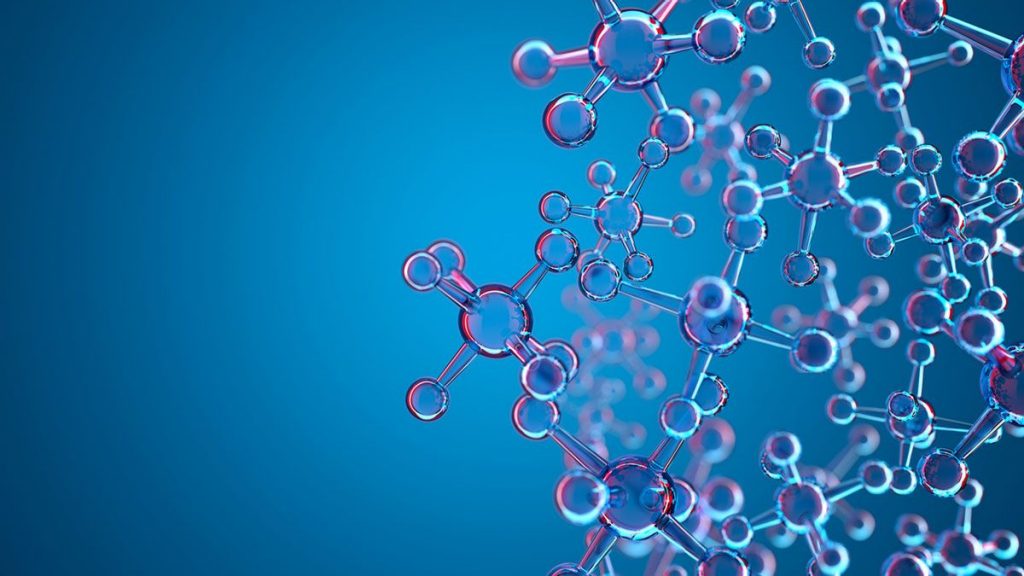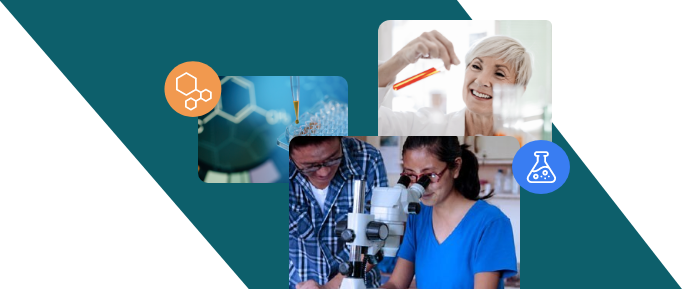
On-demand virtual event
Analytical Chemistry
Agriculture & Food Chemistry

Recurring helium shortages and increased prices boost the demand for performing GC/MS analysis with alternative carrier gasses. While helium is the best carrier gas for GC/MS, hydrogen is the second-best alternative. However, unlike helium, hydrogen is not an inert gas. Hence, it can cause peak tailing, distorted ion ratios in the mass spectrum, poor library matching, and sensitivity loss.
Pesticides analysis can be challenging even with helium carrier gas given their diverse and labile nature. This presentation discusses the key strategies for analyzing pesticides with hydrogen carrier gas while delivering high-quality uncompromised results. To achieve the required detection limits with hydrogen carrier gas, the injection conditions were optimized. Further, the EI source optimized for use with hydrogen carrier gas allowed for preventing undesirable in-source reactions. Finally, method translation, and retention time locking techniques allowed the use of the MRM transitions and retention times from the database created with helium carrier gas.
Key Learning Objectives:

Anastasia Andrianova
GC/MS Applications Scientist,

Melissa O'Meara
Forensic Science Consultant, C&EN Media Group
Keep learning. Excel in your career.
Choose from more than 200 courses in seven different categories, taught by experts in the chemistry community, online and in person.
